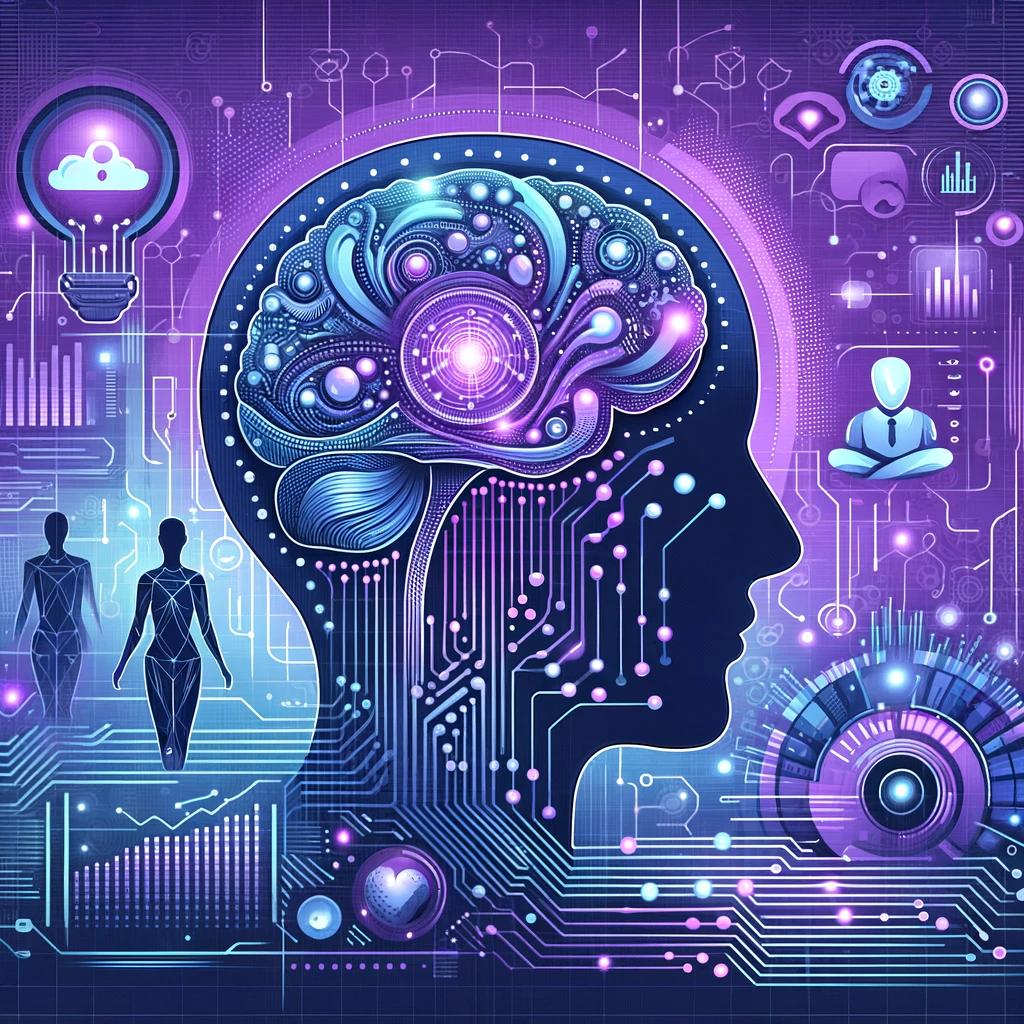The Next Era of Work: Innovations in HR Technology
In today’s digital age, the significance of HR technology cannot be overstated. It has profoundly impacted the way we work, bringing about transformative changes in human resource management. From streamlining recruitment processes to enhancing employee engagement, HR technology is at the forefront of workplace evolution.
Technology-driven Recruitment
The recruitment landscape has seen a paradigm shift with the advent of AI and automation. Gone are the days of manual resume screening and tedious interview processes. Today, AI-driven platforms can scan thousands of resumes in seconds, matching potential candidates with job requirements. Automation tools schedule interviews, send reminders, and even provide feedback, making the hiring process more efficient and effective. Based on a study, RPO (recruitment process outsourcing), which focuses on technology-driven outsourcing processes, has consistently seen an annual growth rate exceeding 15% for the past few years.
Enhanced Employee Engagement
Employee engagement is crucial for organizational success. HR technology plays a pivotal role in fostering this engagement. With personalized experiences tailored to individual needs and accessible communication channels, employees feel more connected and valued. Tools like employee feedback systems, pulse surveys, and engagement analytics provide HR professionals with actionable insights to drive engagement strategies.

Revolutionizing Performance Management
Performance management has evolved from annual reviews to continuous feedback loops, thanks to data analytics and technology. Organizations can now track real-time performance metrics, set dynamic goals, and provide instant feedback. This not only boosts employee morale but also aligns individual performance with organizational objectives.
Workplace Transformation
The traditional office setup is undergoing a transformation. HR technology has paved the way for remote work, flexible schedules, and collaboration across geographically dispersed teams. Platforms that support video conferencing, project management, and real-time collaboration have made it possible for teams to work seamlessly, irrespective of their physical location.
Shaping Employee Experience
A positive employee experience is more than just job satisfaction; it encompasses the entire journey of an employee within an organization. HR technology plays a pivotal role in shaping this experience. From onboarding to training to wellness initiatives, technology ensures that employees have all the resources they need for personal and professional growth. According to a PwC study, 73% of people surveyed say they know of systems that would help them produce higher quality work, but are they actually integrated in the daily work?
Future Possibilities
The future of HR technology is rife with possibilities. Imagine a world where virtual reality is used for immersive training sessions, AI chatbots answer employee queries round the clock, and predictive analytics forecast talent needs. These emerging technologies have the potential to revolutionize HR practices, making them more efficient, data-driven, and employee-centric.
Challenges and Considerations
While the benefits of HR technology are manifold, organizations must also be aware of potential challenges. Data privacy concerns, the risk of over-reliance on automation, and the need for continuous upskilling are some considerations to keep in mind. However, with a strategic approach and a focus on employee well-being, these challenges can be effectively addressed.
Conclusion
In conclusion, HR technology is not just a trend; it’s a game-changer. As we navigate the complexities of the modern workplace, it’s imperative for organizations to embrace technology-driven HR practices. By doing so, they can unlock new avenues for growth, innovation, and employee satisfaction.








